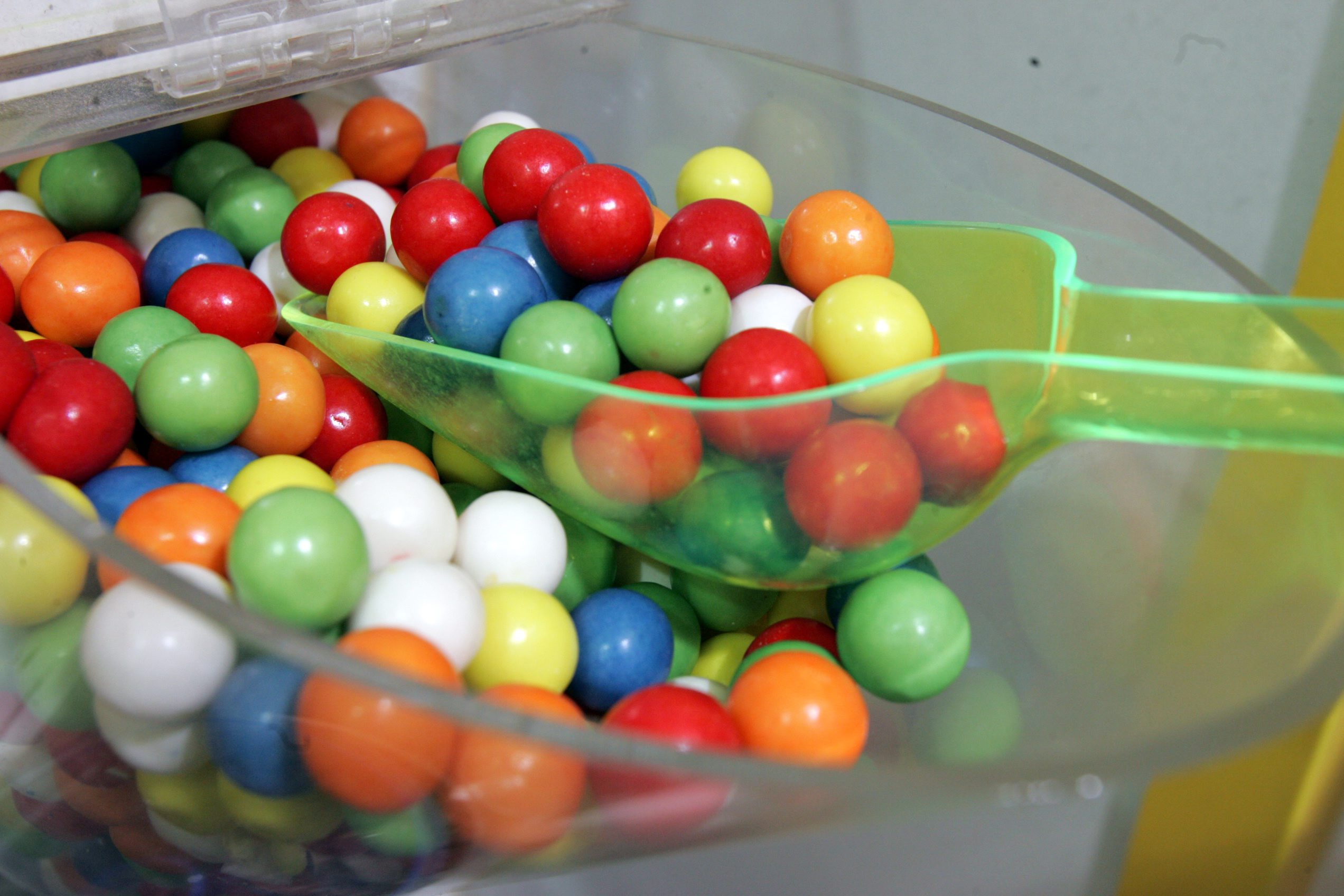The most greedy among us will perhaps have noticed its presence in particular in the composition of the candies.
The European Food Safety Authority (EFSA) said Thursday that titanium dioxide, also known as the color E171, can no longer be considered safe as a food additive.
Read also Candy is not so good
E171 is a food additive in powder form, consisting of titanium dioxide particles.
It is used in various foods for its coloring (white pigment) and opacifying properties.
In France, E171 is used in many food products such as confectionery, pastries or even ready-made meals, according to the website of the French National Agency for Health, Food, Environment and Labor Safety. (Handles).
"Particles can accumulate in the body"
"Taking into account all available studies and scientific data, the group concluded that titanium dioxide can no longer be considered safe as a food additive," said a statement from EFSA, citing a senior official, Professor Maged Younes. “A decisive factor in reaching this conclusion was that we could not rule out genotoxicity issues after consuming titanium dioxide particles. After oral ingestion, absorption of titanium dioxide particles is low, but they can accumulate in the body, ”he added.
Genotoxicity refers to the ability of a chemical to damage DNA, the genetic material of cells, recalls EFSA in its press release, adding that it has carried out this assessment at the request of the European Commission.
The European Food Safety Agency specifies that its assessment is only used by the European Commission and the Member States which are the only ones able to take a decision concerning the use of this additive.
The Belgian Superior Health Council (CSS) considers, for example, that titanium dioxide is "a possible carcinogen (category 2B)" while France banned it last year as a food additive for a year because researchers had established that this product may cause pre-cancerous lesions in laboratory rats.














/cloudfront-eu-central-1.images.arcpublishing.com/prisa/IGZ7GOCXZ5GUPAQ2HWGK6Z76BU.jpg)